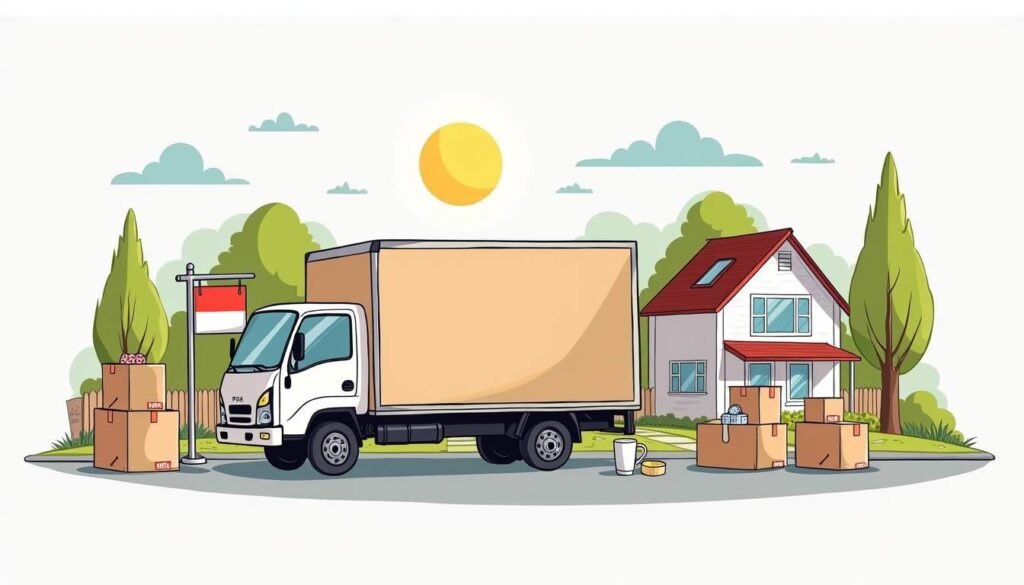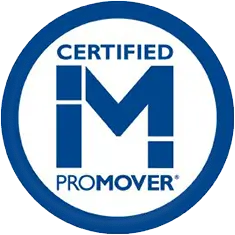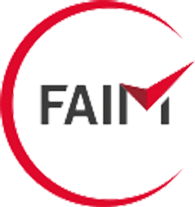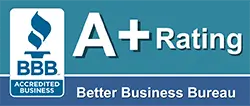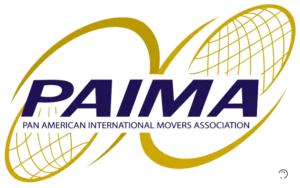Moving to a new home can be an exciting yet daunting experience. With the right planning and strategies, however, you can significantly cut down on the costs associated with moving. In this article, we will explore various insider tips from moving experts to help you save money during your upcoming move.
Understanding the Costs of Moving
Before diving into ways to save money, it’s crucial to have a clear understanding of the various expenses involved in moving. This knowledge will allow you to budget accordingly and identify areas where you can cut costs. A well-planned budget not only alleviates stress but also ensures that you are financially prepared for the transition to your new home.
Breaking Down Moving Expenses
The costs of moving can generally be categorized into several key areas:
- Transportation: This includes the rental of moving trucks, fuel costs, and any tolls incurred during the move. Depending on the distance, transportation can be one of the most significant expenses, especially if you’re relocating across state lines.
- Labor: Hiring professional movers or enlisting the help of friends can lead to costs associated with labor. While friends may help for free, consider offering them pizza and drinks as a token of appreciation.
- Packing Supplies: Boxes, tape, bubble wrap, and other packing materials can add up quickly. It’s worth exploring options like borrowing boxes from local stores or using recycled materials to minimize expenses.
- Cleaning and Repairs: You may need to budget for repairs or cleaning services for your old or new home. A clean, well-maintained space can also help you get your security deposit back if you’re renting.
By breaking down these expenses, you can identify where to allocate funds wisely and where to cut back. Additionally, creating a detailed moving checklist can help you stay organized and ensure that no expense is overlooked.
Hidden Costs You Might Overlook
While the primary moving expenses can be straightforward, several hidden costs can catch you off guard. These include:
- Insurance: If you’re hiring movers, they may charge for insurance coverage. It’s essential to understand the different types of coverage available, as some may only cover a fraction of your belongings’ value.
- Storage Fees: If you need to store your belongings temporarily, this can add unexpected costs. Researching local storage facilities and their rates in advance can help you find the best deal.
- Utility Connections: Fees for setting up or transferring utilities at your new home may apply. Additionally, some utility companies may require deposits for new accounts, which can further strain your budget.
Being aware of these potential additional costs can help you prepare and budget more effectively. Furthermore, it’s wise to keep a contingency fund for any last-minute expenses that may arise, ensuring that your moving experience is as smooth as possible. Understanding the intricacies of moving costs will empower you to make informed decisions and avoid financial pitfalls during this significant life transition.
Planning Your Move to Save Money
Effective planning can lead to significant savings. By taking proactive steps, you set yourself up for a streamlined and cost-effective moving experience.
Timing Your Move for Maximum Savings
The timing of your move can greatly impact the costs. Consider the following:
- Off-Peak Seasons: Moving during the winter or mid-month is often cheaper than relocating at the beginning or end of summer, which is a peak moving season.
- Weekdays vs. Weekends: Many people move on weekends, potentially leading to higher rates for movers. If possible, schedule your move for a weekday.
Planning your move during these off-peak times can lead to substantial savings.
The Importance of a Moving Checklist
A moving checklist is an invaluable tool for anyone planning to move. Not only does it help keep you organized, but it can also aid in avoiding last-minute expenses. Here’s why:
- Task Management: A checklist ensures you don’t forget critical tasks, which can save you from incurring costs due to last-minute arrangements.
- Resource Allocation: By knowing what needs to be done, you can allocate time and resources effectively, ensuring that everything is in place on moving day.
Finally, having a comprehensive checklist allows you to track your progress, reducing stress and making the process smoother.
Insider Tips on Hiring Moving Services
Hiring moving services can save you time and effort; however, it’s essential to do so wisely to avoid overspending.
Decoding Moving Quotes
Understanding the moving quote you receive is key to ensuring that you don’t end up spending more than planned. Here are a few tips:
- Get Multiple Estimates: Always collect quotes from at least three moving companies to compare rates and services.
- Know What’s Included: Ask about what services are included in the quoted price, such as packing and loading.
Decoding what constitutes a “full-service” offering can also clarify any additional charges that might arise.
Negotiating with Moving Companies
Don’t be afraid to negotiate! Many moving companies expect some level of negotiation. Here are a couple of strategies:
- Ask About Discounts: Inquire about any discounts, especially if you are a first-time customer, a veteran, or part of a certain organization.
- Booking Flexibility: If your timeline allows it, ask if they have last-minute openings that could provide you with a discounted rate.
Effective negotiation can greatly reduce costs and make hiring professionals more affordable.
Money-Saving Packing Strategies
Packing efficiently can significantly reduce the costs associated with moving, allowing you to utilize your budget effectively.
Efficient Packing Techniques
To save both time and money while packing:
- Declutter Before You Pack: Reduce the number of items you need to move by donating or selling things you no longer need.
- Pack Room by Room: This method not only keeps you organized but helps prevent mixing items, which can lead to costly replacements.
Efficient packing can save you from incurring additional charges from movers who charge based on volume.
Sourcing Affordable or Free Packing Materials
Packing materials can quickly add to your moving budget. To avoid incurred costs:
- Reuse Boxes: If friends or family have moved recently, ask if they have boxes you can borrow.
- Visit Local Stores: Many local businesses discard boxes and would be happy to provide them to you for free.
Utilizing free or cheap materials can drastically reduce your packing expense.
Reducing Costs on Moving Day
Moving day can be chaotic, and costs can escalate if you’re not careful. However, with the right strategies, you can minimize these expenses.
Saving on Food and Drink Expenses
It’s important to keep everyone energized during the move, but catering food can be costly. Here are some tips:
- Offer Snacks Instead of Meals: Simple snacks and drinks can keep everyone energized without the expense of a full meal.
- Meal Prep Ahead: Prepare meals in advance and store them, so you have something ready instead of ordering takeout.
These small adjustments can ultimately lead to considerable savings.
Minimizing Last-Minute Expenses
To avoid scrambling for last-minute solutions that can drive up costs:
- Double-Check Your Checklist: Ensure everything is sorted and packed to avoid emergency runs to the store for packing supplies.
- Communicate with Your Helpers: Make sure everyone involved knows the plan and timeline to prevent confusion and rush charges.
By planning ahead and maintaining organization, you can have a smooth moving day while keeping your budget intact.
In conclusion, moving doesn’t have to break the bank. By understanding expenses, planning effectively, negotiating smartly, and employing money-saving strategies, you can enjoy a cost-effective move. With insights from moving experts, you are now equipped to save money on your upcoming relocation.

